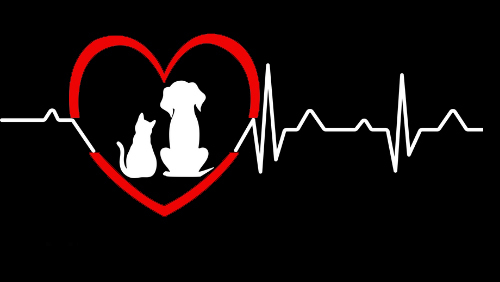Dogs have a lot of love to give and as they get older, they require much more active reciprocity of that same love from their human companions.

One of the best ways to ensure that you are fulfilling your senior dog’s needs is to engage in annual checkups.
For starters however, you must determine whether you have a senior dog or not.
At What Age is my Dog Considered Senior?
While the seniority (age) of cats is easily determined and quite linear, a dog’s age is much more difficult to decipher because its breed, size, and nature are directly related to life expectancy.
As a result, a dog may reach its senior years between the ages of 6 and 13.
What kind of health issues can I expect from my senior dog?
As your dog gets older, you must become aware of the risk factors that can materialize and threaten and challenge your pet’s health and, by extension, quality of life. While the following list is not exhaustive, it consists of some of the most common conditions that can ensue during your dog’s senior years:
- Hyperthyroidism
- Diabetes mellitus
- Chronic kidney disease
- Organ failure
- Arthritis
- Cancer
- Cognitive disorders
Unfortunately, dogs may also develop the aforementioned conditions during their early years as well. We place great emphasis on annual checkups for all pets to curtail the possibility of the manifestation of any of these health risks.
What can I expect from my senior dog’s checkup?
When you take your senior dog for a checkup, you can anticipate an extensive examination because their needs may be demanding when you account for previous health history, anticipatory conditions, and unusual developments. Beyond the preliminary weigh-ins, temperature and breathing checks, nose-to-tail inspections may include:
- Extensive physical exam – joint, muscles, breed, age, past physical exam results
- Complete Blood Count – an informative account of the blood to determine abnormalities in relation to things like anemia, blood clots, immune deficiencies, and your dog’s hydration
- Urinalysis – A detailed assessment on the health and function of your dog’s urinary tract, bladder, kidneys and liver
- X-rays – x-rays contribute to a revelation of abnormalities in the heart and lungs
- Eye Exams – the examination of the retina for any abnormalities’ and inconsistencies such as bleeding and inflammation
- Blood Chemistry test – this includes an extensive look at your dog’s organ function and can be instrumental in disease diagnosis
- Blood pressure measurement – evaluation of your dog’s hypertension
Although this list may seem exhaustive, there are many unforeseeable challenges that may arise. It is important to talk to your vet about your concerns and unusual behaviours from your senior pet.
Pay close attention to patterns as well.
Maintain a strong, communicative relationship with your vet so you are able to optimize your dog’s quality of life.

Follow Us!